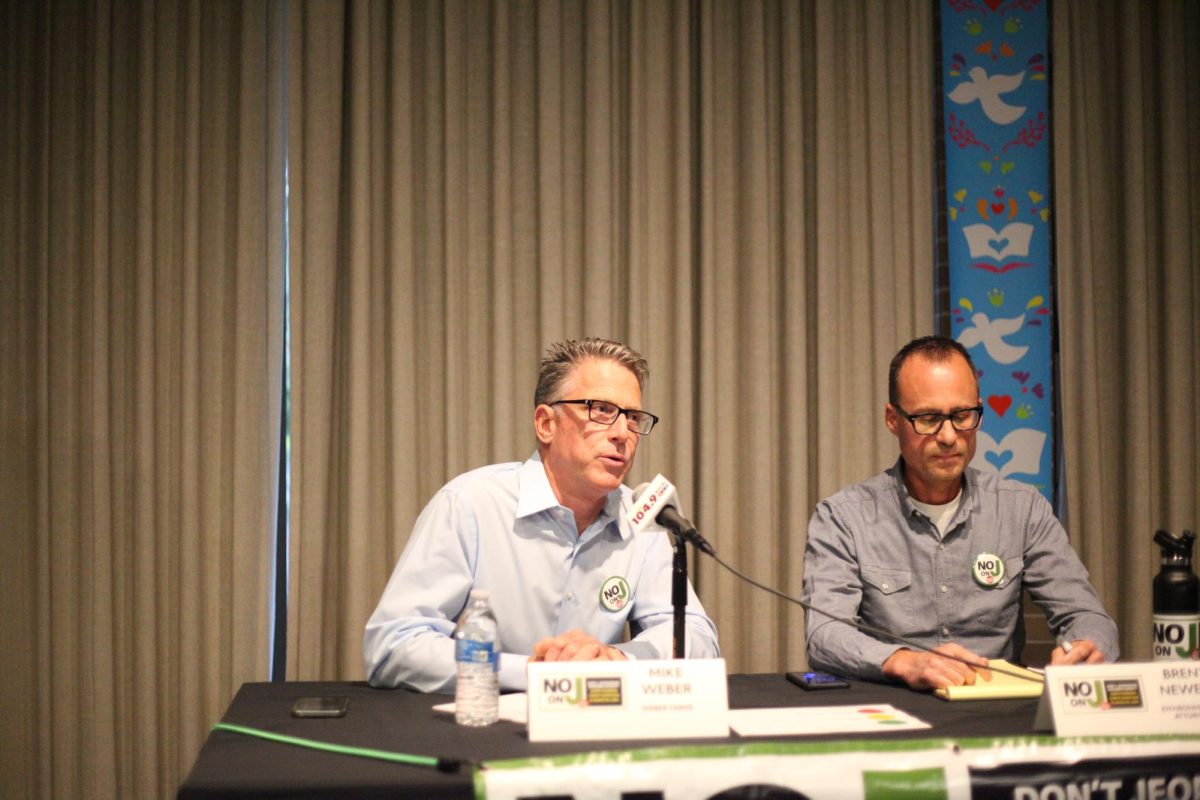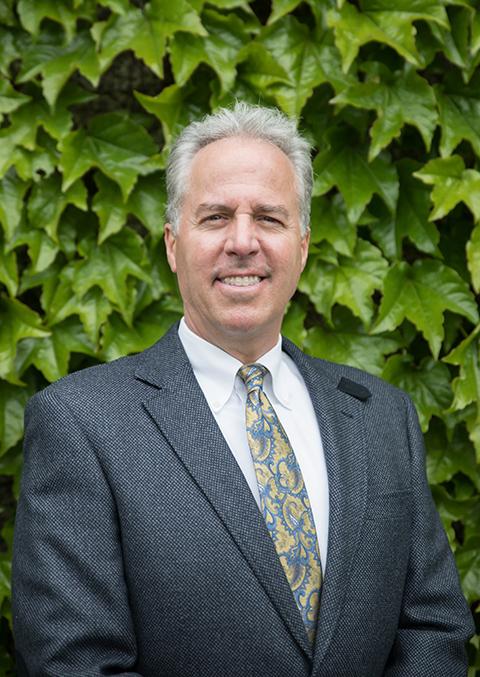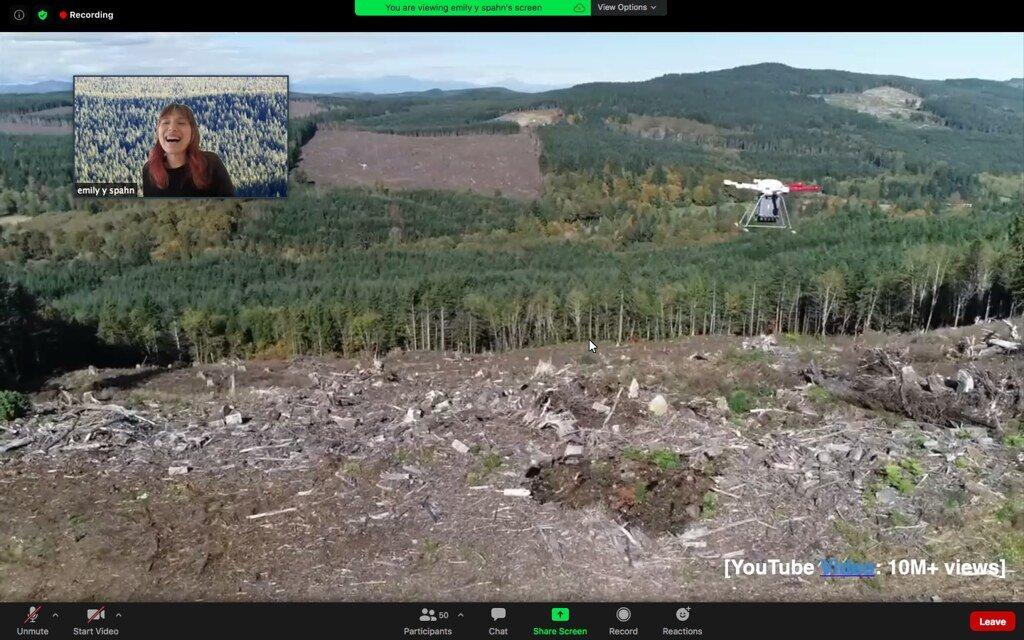If you are interested in doing your part in saving the environment, as well as reforestation, the Computer Science Colloquium is hosting online zoom seminars for Seawolves. ‘Addressing Climate Change Through Drone Swarms’ is free to attend, every Weds. from 12-12:50pm through Seawolf Living.
In these Zoom seminars, students will go more in depth on how climate change is the long term change of weather patterns in global and regional climates, caused by human activities such as burning fossil fuels and greenhouse gases, which leads to global warming and a shift in weather patterns. This causes lasting damage to the earth and its Ozone layer. In recent years, human activity has been increasing climate change and earth’s temperature. Rainforests are being cut down in order to produce more farming livestock around the world. All of this can have lasting effects on the earth such as shorting water supplies, personal health, drought and weather changes. These lasting effects are the perfect reason to join the action and start helping the planet and its global and regional climates now. You can join and help combat the climate change problem through reforestation with Droneseed.
According to their website, DroneSeed aims to “provide rapid reforestation after wildfires using drones,” which they claim to be “six times faster than hand planting seedlings.” Emily Spahn, software engineer at Droneseed, spoke to seawolves about climate change and how students can help combat the problem of deforestation by putting seeds in the ground post fire. With this problem becoming increasingly worldwide, Emily will be educating students on a variety of topics surrounding this issue. According to Seawolf Living, “We’ll explore the evolution of technological needs to support this goal. We’ll talk about how we went from the idea of combining biology with the emerging drone industry, to arrive at the realities of a startup putting seeds on the ground in post-wildfire environments” They’ll also talk about their steps in reforestation after wildfires, and how that helps bring wildlife back. Since climate change is becoming a problem worldwide, revolutionary ways are being utilized to help us through this.
Droneseed has come up with a unique way to implement reforestation on a mass scale, while also being able to reforest after wildfires. In the Droneseed zoom seminar, drone swarms allowed students to explore just how they are mixing the drone industry with biology to help save the rainforests.
The Computer Science Colloquium series encourages students to look closely at environments and ecosystems all around the world that are affected by climate change. Mark Gondree, Assistant Professor in the Computer Science department, goes on to explain how, “the engineering and data science is used by DroneSeed in its drone-powered reforestation efforts.” Mark also highlights how Droneseed has been very successful at being able to access very remote locations to start reforestation. He goes on to say, “Our community has been devastated by seasonal wildfires, and this presentation will discuss some smart, scalable, technology-driven efforts being used elsewhere for reforestation.”
Students should be interested in climate change because it affects our environments and everyday quality of life. Seawolves are encouraged to do their part to combat climate change, and DroneSeed shows students exactly how to do so. Using drones and other technology to combat these worldwide issues just shows how far we have come in terms of innovation.
Students will learn to take steps to reforestation, reduce waste and tackle problems with the Computer Science Colloquium series. If biology or doing your part in climate change sparks an interest for you, this lecture series is for you. If you have any questions about the climate change series, reach out to [email protected].


































